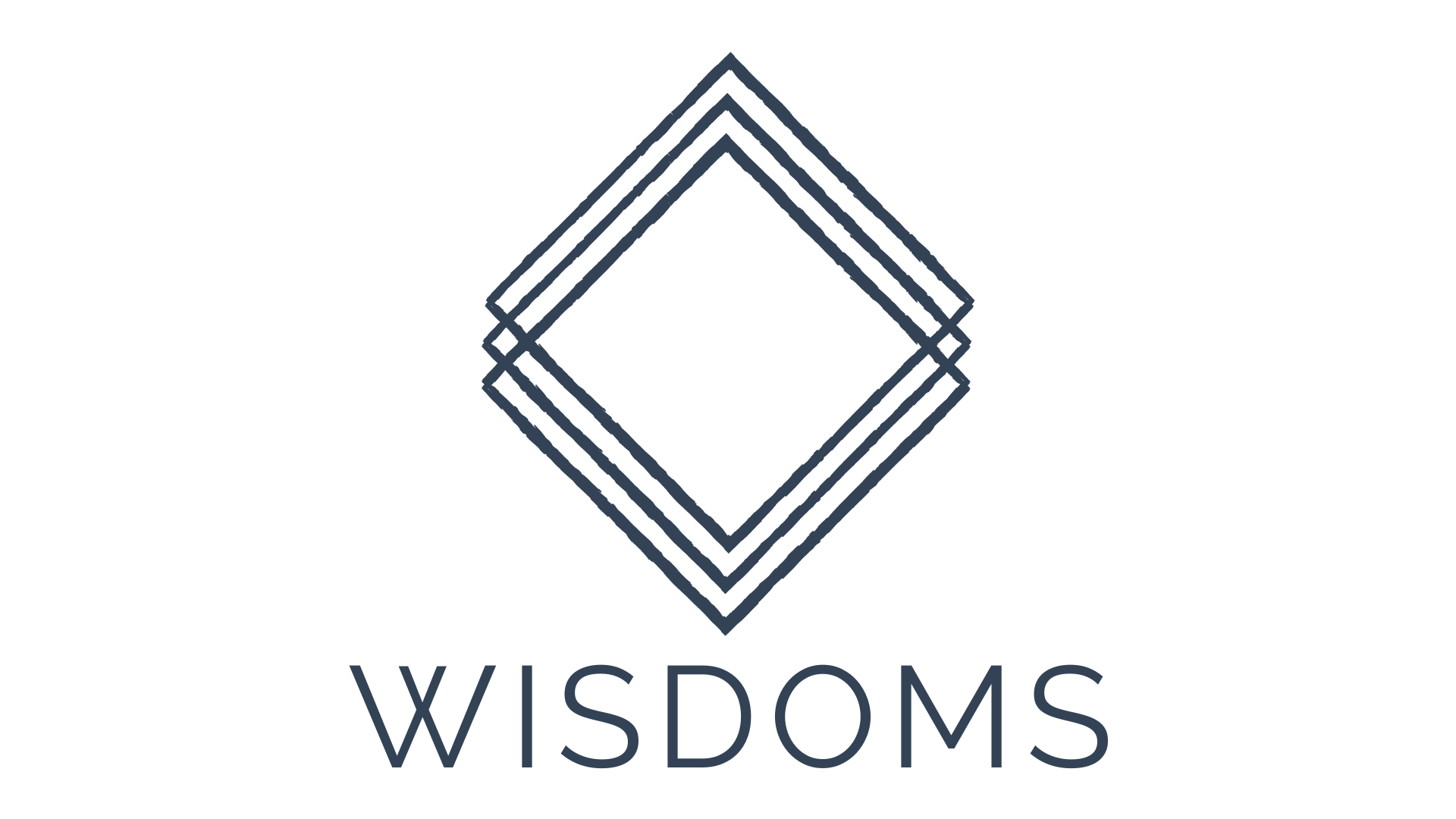How do we manage the pressures and stresses of life in a holistic way for our well-being? As much as we are physical, emotional and social beings we also have a spiritual element to who we are.
This is not about religion but of course religions and spiritual practices are expressions of this aspect of our lives. Whether you espouse a particular religious belief or not we all have within us what some call spirit, others call soul or maybe even an inner voice.
There is an intelligence to this spiritual facet of our beings that we can harness for our wellness. This is no exhaustive list but here are some ideas of how we can utilize and grow this intelligence.
1. Stay true to what is important to you
What do you want out of life? What are the things that are truly important to you? What do you value most in your life? Does the way you spend your time and energy reflect your goals and principles?
One reason for your stress may be because you are living your life in conflict to your core principles and values.
Stephen Covey tells the story of the professor who arrived for his lecture with a large jar with some big rocks in it. He asked his students, “Is the jar full?” “Yes,” they said. He then proceeded to pour some smaller stones into the jar and they rolled and shifted into the gaps. So the professor asked again, “Is the jar full now?” “Definitely yes,” said the students. He then poured some sand into the jar, filling up all the remaining spaces. “Is the jar full?” he asked again. Now the students had caught on and even though the jar looked completely full they weren’t so sure. Sure enough the professor produced a jug of water, poured it into the jar submerging everything in the jar. Now the jar was full!
“What’s the point I’m trying to make?” the professor asked. “That you can fit more and more into your life if you just keep trying,” was the general response. “No,” said the professor, “Unless you put the rocks in first you can’t get anything else in.”
The rocks are your priorities — those things that are most important to you. If you don’t put them in first they get crowded out with all the other things that harry and distract us.
In identifying what is important I want to add my own view that living well is not about balance. Balance gives the impression of having to do a little of everything to stay in equilibrium. It implies many shoulds and shouldn’ts — things we need to do in order to ‘stay balanced’. It suggests that there is such a thing as ‘balance’. That there is this perfect state of being when everything is running smoothly, all aspects of your life are equally well-managed and you are utterly content. I am not saying such states don’t exist but they are rare, and the myth of balance creates a lack of satisfaction in us because we don’t feel it is ever in our grasp.
A friend shared with me a more helpful image and that is of seasons. Our lives have an ebb and flow, highs and lows, activity and doldrums at different times according to our stage of life and the circumstances and demands of our work, family and context. These all have a bearing on what is important at any point in time. If we are managing these changes with a degree of common sense, perspective and humour, then well done to us!
When we know the principles around which we want to build our lives and we can accept the season we are in, both in our lives and the external circumstances we find ourselves in, we are better able to do what is relevant and appropriate at that time.
2. Know your purpose
If you are feeling fulfilled in your life and aligned with a sense of purpose then you will be happy and motivated, energized and engaged with the world and others.
In the movie Groundhog Day, Bill Murray plays a character that has to live the same day over and over. He goes through stages of confusion, depression and suicide attempts, hedonism and selfishness but each day the alarm goes off at 6 a.m. and it is the same day all over again — Groundhog Day! He eventually falls in love and uses his time to learn new skills and help people. But what turns the clock to a new day is the one day he lives completely in the moment, giving to others, and utterly satisfied. It is a day lived with purpose!
You can never count on your sense of purpose always being there for you without any effort on your part, no matter how rich and deep that sense of purpose is, no matter how committed you are to it. You have to renew, revive and refocus your sense of purpose in an ongoing way.
A helpful question would be: “What is something I could do, or do differently that would give more meaning to my life?” You don’t have to come up with a brilliant, world-changing answer. Just by asking, you reorient your being which can revive your energy.
Clues to where you could find new meaning in your life lie in your passion, your pain, your awareness of what others need and what delighted you as a child. Your past holds many clues as to where your meaning lies. Your childhood interests are inherent and may indicate some direction. But also the pain and/or loss you have experienced may indicate how you would like to help others. Becoming aware of particular needs that touch your heart may be an indication. Lastly, what brings you joy? What are you doing when it seems that time has stood still? If you could choose, what would get you bouncing out of bed in the morning?
Sometimes our meaning is derived just through the struggle to keep going. Mira Kirshenbaum says this in The Emotional Energy Factor: “The principle here is that when your house gets blown down, you build it up again, and if it keeps getting blown down, you keep building it up.”
3. Live in the present moment
The apprentice of a wise man was once asked, “What did your teacher give the greatest importance to?” His reply: “Whatever he happened to be doing at the moment.”
You only have this present moment. Are you living in this moment or are you missing it? If you are missing it life is literally passing you by.
If you are stuck in the past you are re-living and trying to re-invent what cannot be undone. The past is for lessons learnt and to be re-framed so that it serves our well-being. Dreaming and planning for the future are good activities. It’s important to have vision and goals but our starting place is here and now.
We can lose the significance of what is happening now because we are simply not paying attention.
4. Choose your path
“First, I had a difficult period in my life that forced me to make a choice to STOP being a whiner who feels stuck and frustrated, and START being an adult who is responsible for my own joy. Second, every day I deliberately and consciously exercise CHOICE in how I spend my time, who I hang out with, and what kind of work and activities I focus on. My objective these days is to remove the ‘shoulds’ in my life.” — Dr Francine R. Gaillour
Anthony Robbins says, “If you truly decide to, you can do almost anything.”
Choice is our perception of the authority we have over our own actions. The question to ask ourselves is: how much have we submitted the power of our choice to others?
Choices lead to decisions, which is the essence of self-leadership and self-empowerment. Dale Carnegie says, “It isn’t what you have or who you are or where you are or what you are doing that makes you happy or unhappy. It is what you think about it.” We can even choose to enjoy what we don’t want to do!
Of course, it also means being willing and able to live with the consequences of our choices. This may not always be easy, and we may make mistakes which we will have to live with but hopefully learn from. John Maxwell talks about “Failing forward.” When we fail forward there is no such thing as failure, it is just a stepping-stone on the road ahead.
Our health and wellness is in our hands. We are not simply at the mercy of our genes, our circumstances and other people’s agendas. Be and go well.

